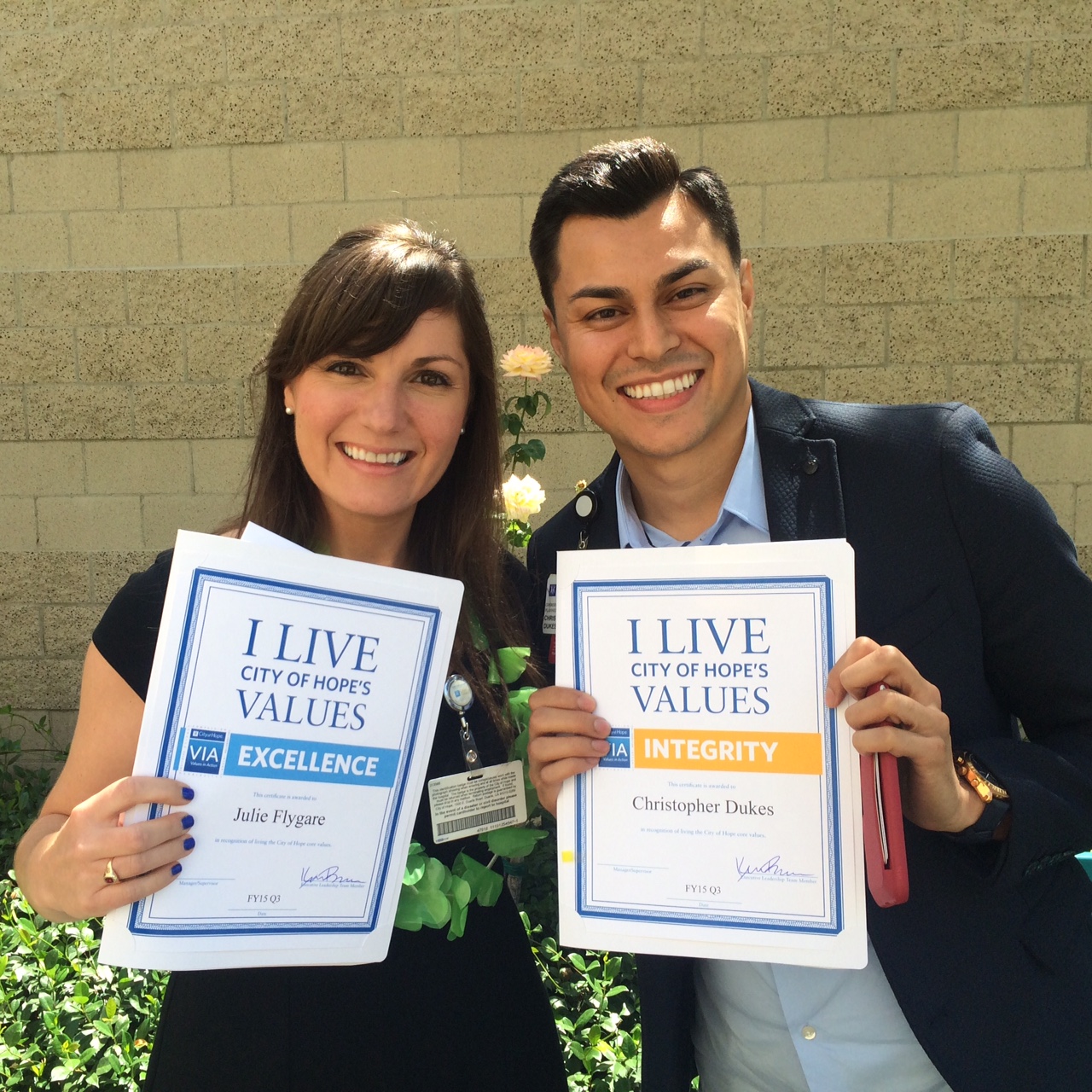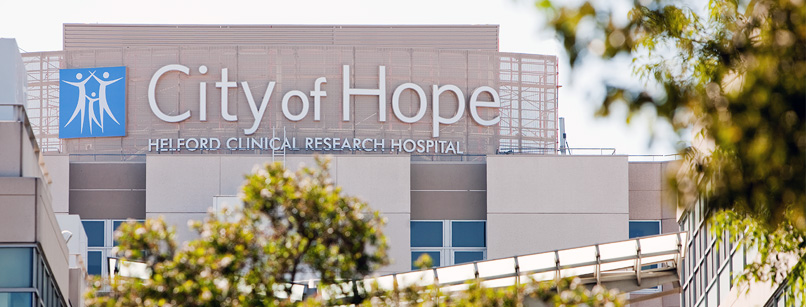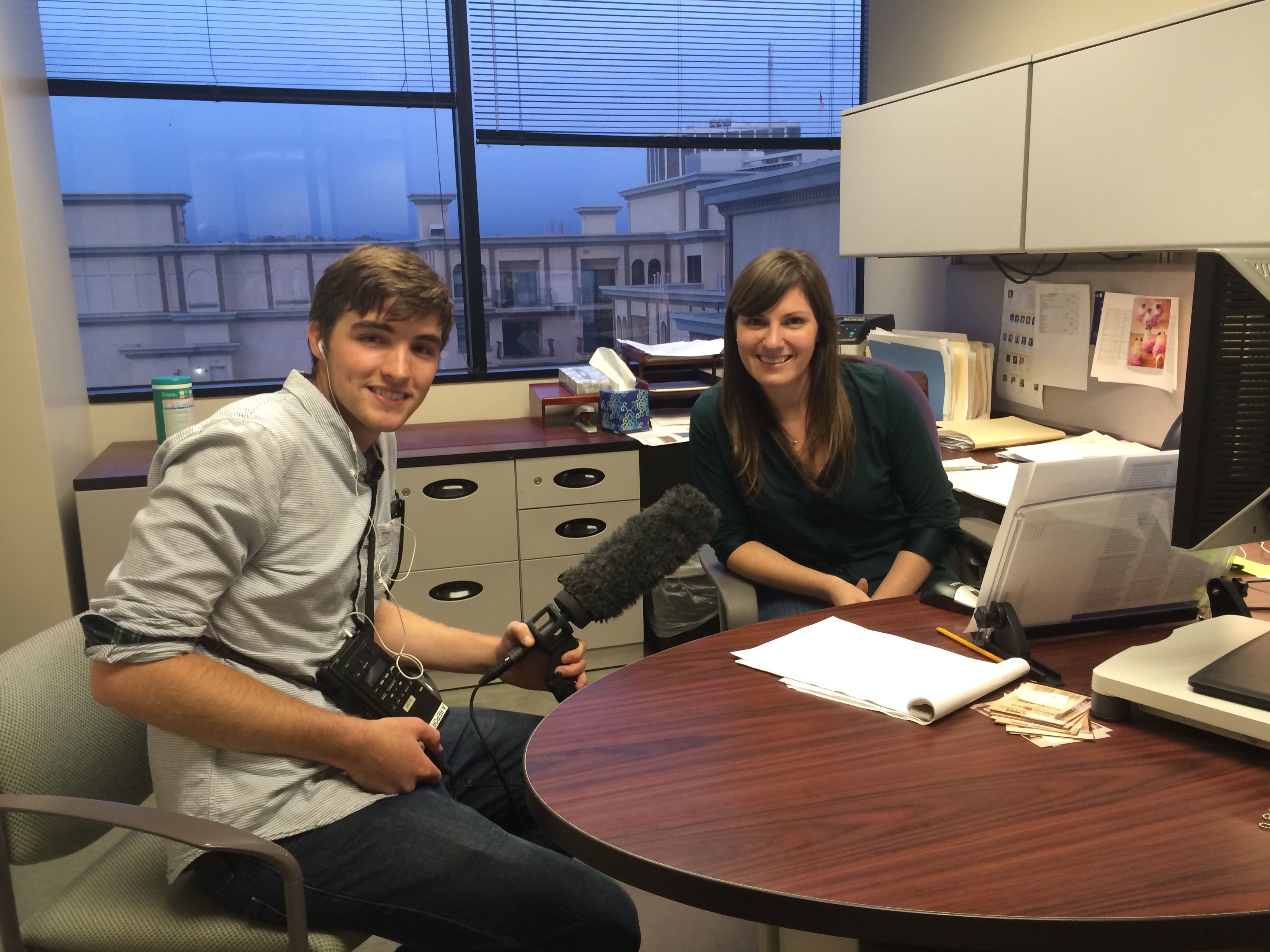Working with Narcolepsy: Part I – I Fought the Nap and the Nap Won.
 On Friday, I was so surprised to be awarded a Values In Action (VIA) award for “Excellence” at work! As I approached the stage, the presenter read the comments from my nomination:
On Friday, I was so surprised to be awarded a Values In Action (VIA) award for “Excellence” at work! As I approached the stage, the presenter read the comments from my nomination:
Julie is always excited to take on any new task. She approaches her work with enthusiasm, regardless of how big or small the assignment is. Her positive attitude towards her work is infectious, and she motivates the entire team to do their best. Her positive attitude and consistent smile are a great benefit to everyone around her.
My eyes filled with tears and my hands shook slightly accepting the award. Sure, its not like I won an oscar or the lottery, but as a person with narcolepsy, this was an incredible moment of personal and professional triumph. Thank you to Lara for nominating me! Congrats to Chris and Rachel who also won VIA Awards this quarter.
I’ve been working at City of Hope for 13 months and I absolutely love my job. When people ask me how I like Los Angeles, I find myself responding: “I love my job. And the weather.” In that order.
However, working full-time with narcolepsy has also been a journey for me and I’ve fought some of my own demons and insecurities this past year. I haven’t shared this journey with many people because I’m not so proud of how I handled everything. But here’s the honest truth.
In June 2014, I landed this full-time job as a writer at City of Hope, an amazing non-profit cancer research and care center in Los Angeles. The job was perfect for me and I really liked the people. At the same time, I was a bit scared to start working full-time in a traditional office setting, after a few years of doing part-time and contract work from home.
In an effort to fit in and prove myself, I didn’t mention my need to nap.
My boss and co-workers knew I had narcolepsy, as my narcolepsy advocacy had been discussed in my interviews and viewed as a strength in my application. However, after I secured the job, I quickly realized they didn’t know what my narcolepsy meant in a day-to-day practical sense…. And I didn’t bother to explain… for the first six months.
For six months, I fought napping, but really I was battling my own self-guilt and fears. It was a dark time, and looking back, I’m ashamed and sad that I let this go on for so long.
To survive:
- I increased my use of stimulants on most days, instead of taking half what I was prescribed, I took the full amount, which wired me up, but also turned me into a less-humorous and not-so-nice version of myself.
- On the full stimulant dose, I luckily lost most of my appetite, so I didn’t need to eat too much during the day, as any moderate portion of food is a huge sleepiness trigger for me, even a healthy salad.
- I stocked up on gummy candy and usually indulged heavily between 3:30-4pm, in a ridiculous attempt to out-sugar my sleepiness.
- Despite my best tactics to avoid sleepiness, the heavy fog rolled in over my head daily, sometimes in meetings with my team. From my 10 years of experience living with sleep attacks, I’ve learned that although this feels other-worldly internally, this sleepiness is mostly invisible externally. Unfortunately, knowing this, I knew I could sit through this excruciating sleepiness, nod my head and take nonsensical notes, and get away with it – even though I’d have little to no recollection of chunks of those meetings.
- Worst case scenario, I would leave the office without saying where I was going with my car keys tucked under my folded arms. I’d take the elevator down to the building’s parking garage (in an almost drunken stupor, I’d be so beyond out of it) and hide in my car to nap.
- I began parking my car strategically in spots where I felt less visible. As time went by, I snuck away to my car more often, maybe 3-4 times a week. These naps were very short, about 8-15 minutes, but usually got my head out of the fog for a few more hours.
 I cannot defend the length of time that it took me to begin talking openly about my need to nap. I realize this makes me a hypocrite, as I encourage others to live proudly and make accommodations for their symptoms to succeed in life, as opposed to living in denial and letting narcolepsy sneak up on us.
I cannot defend the length of time that it took me to begin talking openly about my need to nap. I realize this makes me a hypocrite, as I encourage others to live proudly and make accommodations for their symptoms to succeed in life, as opposed to living in denial and letting narcolepsy sneak up on us.
My only defense for myself is that I felt so incredibly lucky to have this great job and I didn’t want to do anything to rock the boat. Yet at the same time, in my free time, I was writing a textbook chapter on educational and employment accommodations for narcolepsy, so I knew the legal protections in place and felt that there was a strong precedent for receiving nap accommodations in the workplace.
Truthfully, I didn’t think my boss would react badly. Health issues were discussed with ease and empathy amongst team members. When NPR wanted to come to the office to interview me for a “Day in the Life of a person with narcolepsy” story – my boss, my boss’ boss and my boss’ boss’ boss all gave permission with enthusiasm and pride. My team has been supportive of all my outside narcolepsy efforts.
So why did it take me so long to ask for nap accommodations?
Ultimately, I was afraid to start what I perceived to be a “difficult conversation”.
That’s the pathetic truth.
I wish I could say that after six months, I woke up one day with clarity and marched straight into my boss’ office and asked for nap accommodations. But this story didn’t go like that either…
Read:


Congratulations Ms. Flygare.
You certainly deserve the award. I think you drew more attention to the public regarding Narcolepsy than any one person or corporation. Your “Not Alone” campaign phrase is being used and that helps promote the words Narcolepsy and Cataplexy. I don’t get the “blank” look as often as I did when I say I have Narcolepsy. So, again, thank you.
I was going to write a lengthy comment but I will try get to the point as fast as I can. Narcolepsy is rare and often “hidden” (gosh – we get really good at hiding it). To declare we need a nap place or any “special” accommodations still seems like a selfish idea to us. I think, even after being diagnosed, we carry all the staminas that plagued us for years. Over the years embarrassment, possible physical harm, mockery and the self-hatred and self-doubt issues had been added to our need to try harder, do things twice or three times, constantly scrutinize our own sanity and question ourselves and our abilities. Before diagnoses we handled many things HOPING we could get through work loads and daily problems We took on everything as if there was no lack of strength. After diagnoses we do our best to deal with problems that we now KNOW exists, by strata sizing priorities often in a totally new way than we had done for so long in the past…
We wind up scrutinizing our actions and making ourselves feel as inadequate as we did, all those years, before being diagnosed.
But remember Ms. Flygare, thank goodness your diligence and commitment to great work ethics that helped achieve what many others could not. Narcolepsy continues to get recognized and supported by your help self and your team.
.
Congratulations on the award Julie. I got goose bumps reading about your experience at work. It is a reminder how much of a challenge it is living with Narcolepesy. I can’t tell you how many times I have had the same issues when I am at a company golf outing, business seminar, family get together, etc. Sometimes it’s impossible to go out to your car and grab 10 to 15 minutes! I am lucky that I own a small business – I have a futon in my office! Nonetheless, I had to have “that conversation” with my employees about my illness. At first I was embarrassed and felt very exposed. It is such a weird disease – it’s not like it is a terminal illness but it is a very life altering and real for those of us that have it. I am so happy that you have found a company that is accommodating. They are lucky to have you! You are a “superhero” to people like me that have this illness because of your efforts in educating people and being an advocate for us!
Hi Julie! Congrats on what I’m sure is your well deserved award. I’m sorry to hear how difficult it’s been to be honest about your sleepiness and ask for accommodations, but I admire your courage and candor in self-disclosing. As amazing and inspiring as you are, you are only human, like the rest of us. I am sure you and your positive spirit are a huge asset to your workplace environment and in glad they appreciate you!
Very nice article. I don’t remember when I started telling people I had Narcolepsy at work. I think I did it more to make people understand that I was not lazy or staying up all night partying. Many of the people I worked with had more faith in me than I did encouraging me to become a teacher instead of a Clerk typist. I made many quick trips to the teacher’s lounge and to the restroom. Sometimes just 5 or 10 minutes took me back to work in a normal state.
We missed you at July’s meeting. There were just 5 of us there.
Congratulations Ms. Flygare,
I am excited to read of the reward that you received and undoubtedly earned and deserve. In response to your post on taking naps I have a few questions as well as an experience of my own. I am also narcoleptic with cataplexy, and am also epileptic (tonic-clonic epilepsy). In fact, I share a lot of similarities with you that I read about through your memoire, I am also from the Boston area and am the same age as you and was also diagnosed with narcolepsy close to the same time as you. That aside, I would like to share my own experience with naps and also with taking stimulants. I remember when taking my MSLT I had already been prescribed to adderall for a few months and was a bit confused in the morning when they told me to take my medication and also to return to the sleep lab every two hours for a nap. I hadn’t yet realized the strength of narcolepsy as I had been living with both epilepsy and narcolepsy and have always had a very hard time distinguishing between the symptoms of each. Similar to your own experience each nap showed 20 minutes of REM, I was often told that I was in REM before they finished hooking me up to the EEG machine. Stimulants have had some positive results for me but have never had the strength to keep me awake when a heavy sleep fog rolls in. Naps have also seemed to have dangerous consequences for me. They often result in sleep paralysis and have lead me to having a fear over trying to nap during the day. The second result is that I often times simply can’t limit a nap to anything under a few hours, that would be a nap taken in my bed or on a couch. If however, I fall asleep sitting in my chair or in a car, a 15 to 30 minute nap has always been very effective for me. As of right now I am still on long-term disability, however I am pursuing an online degree and when I think forward to someday being employed again I don’t know how would I go about taking naps in a regular employment environment. Any insight and advice would be welcomed and appreciated. Thank you,
Phillip Satkowski
Julie,
Congratulations on the Award of Excellence! You are so courageous to admit your fear of taking a nap at work. You are only human. Living in the shadow of feelings and overcoming fear of failure is difficult for everyone. Thank you for sharing with us your journey including the struggles and successes!
Hi Julie
Yes Congratulations on the award of course , you amaze and inspire. Also as you can never hear it enough but you are a beacon of light to so many. Your article brought tears to my eyes as it so with resonates with me as I’m sure many others. Honestly napping in the car in winter months isn’t an option and when this area of illness is misdiagnosed, misunderstood and under educated to the Medical field it is priceless to see and have someone bringing this awareness to such a level. It certainly seems like your calling has found you and I as many are grateful for that. 🙂 Thank-you and Congratulations again
Great article.
I have to say it made me smile to see that even you are struggling with telling other people about narcolepsy / pushing for the proper work conditions ;).
I know what it’s like to sneak out hoping no one asks where we’re going, or pretend to be there when all you’re really doing is scribbling illegible, nonsensical notes. I dit it too.
We all feel like we have to prove something when we get a new job, so it’s only normal that you don’t want to ‘rock the boat’ when everything’s fine.
That being said, I can’t be too indulgent with you. Here are some points I’d like to mention. They’re based on my experience so they’re quite opinionated.
* There is NO WAY you can be happy with your productivity if you don’t take a nap in a day of work.
* Actually I think there is no way you can be truly happy at all in these conditions, this is just too psychologically and physically exhausting.
* Of course the stimulants are prescribed by your doctor so they must have positive effects. This does not mean that they have only positive effects: I doubt increasing the doses is good for long-term health. Much like “barely eating” by the way.
I don’t always talk about my narcolepsy at work but I always say “I need to have a nap every day after lunch”. When people forget about it I remind them. I am yet to meet a situation where it is a big deal for people (which does not mean I get a nap every time in good conditions).
It only looks like it’s going to be a hard conversation because this is so important to you. But really, the point is just to explain you need a nap every day. For the people you work with, well… They don’t care!
Bottom line: I hope you don’t allow yourself to do this next time. There’s no rationals behind it, only classic narcoleptic psychological issues.
I hope my tone was not too lecturing, I just wanted to share my experience. I’m still struggling on a lot of topics when it comes to managing narcolepsy but I promised myself: no more sleeping in the toilets at work, ever.
On a final note, if things were all easy for you then what would be the point of you advocating narcolepsy ;)?
I do think that makes your testimonials even more relevant and relatable.
Thanks for sharing your story.
Julie,
Congratulations on the award, the wonderful job, and all you have accomplished.
I have to say, this entry it the one I have connected to the most so far; it brought me to tears because it mirrors my experience so readily. I was only diagnosed with Narcolepsy this past January and I was lucky in that I was not misdiagnosed a bunch first: I took my symptoms to my doctor and within 3 months had a diagnosis.
The thing about that short time was that I didn’t have any time to process what I was going through, and no one took the time to really talk to me about it. I fought the Nap not because I was embarrassed to admit it–my coworkers were supportive of daily naps–but because I didn’t want to believe I needed it. I partook in all of the behaviors you listed above; I work as a Physical Therapist and I was sure everyone could tell how out of it I was, but no one did. I pushed through the days until my head ached and I felt nauseated and I went home to collapse–I could barely remember what I had done all day. And I work with people who have chronic pain; I am always telling them to be kind and gentle to themselves, to take the breaks they need, to accept their limitations without accepting defeat, but I didn’t–and in some ways still haven’t–accept my own instructions.
I am at a point with Narcolepsy that I need to hear about the struggle, I need to live it and stumble and learn, because I know I will be ok and I will come out on top in the long run, but I’ m not going to get there by ignoring the problem.
So again, thank you for sharing. The stories of missteps are just as important, just as inspiring, just as beautiful as the stories of triumph.
Peace and all good to you,
Kerida
Hello Julie,
I’m so pleased for you to receive this work related award!! No question on deserving it from your work ethic and dedication, not to mention positive spirited personality!
You know what your health conditions were while achieving it, so even more deserved. As other bloggers expressed, I was touched by your honesty in self-disclosing napping/meds issues. What a thin line between our personal integrity /need for independence and following best practices for this disease. I get that so well. Bless you. I am eager to read Part 2.
Keep learning how to deal with this disease and remember to be kind to yourself. You are my hero for so many reasons. Your book is one of them. Well done.
I’m seeking diagnosis for narcolepsy with cataplexy at University Hospital. I’ve suffered with all these weird symptoms since 2001, been misdiagnosed with Myasthenia Gravis and Lupus. I lost two jobs from health struggles taking early retirement. It is easier to stay home and “try to control it” but you always live with worries of when events will happen. I especially hate both the lack of understanding from people as well as the over-protectiveness when ill.
Again, Julie, your courage, spirit and dedication to share knowledge and personal stories are getting me through. Thank you.
Julie, please don’t be so hard on yourself! It took 50 yrs. for me to get a diagnosis of narcolepsy with cataplexy. I finally found a doctor who actually listened to me instead of judging me “lazy” as so many of them did. I’ve always had to work full time and have been accused of “being on drugs” when I would fall asleep after lunch or during a meeting. I still fight to stay awake with stimulants. I’m a pro at sneaking to my car to take a quick nap. I truly hate narcolepsy! I am so grateful to you for getting the word out, narcolepsy is a very real and powerful disease! Asking for a sleep room where I work is completely out of the question. It is such a comfort to know this will not always be the case. Because of your campaign for awareness about narcolepsy, one day we will all get that compassion! Sadness is a choice. Choose not to believe the lies that you are somehow failing. You are awesome and give so many more than you know hope. We need hope! Bless you!
Julie.
Thank you soo much for your.post/ story above. Wow what courage it must of taken too write. This. You mention word hyperdrive. Whilst I understand exacly what mean by that. And that is how you felt. My goodness you are soo no a hyperactive. You are doing the best you can. Too live with a very difficult illness. Which most people can’t even begin too imagine what it’s like too life with NARCOLEPSY. I have other chronic illness too. Dealing with them is simple compared too my narcolepsy. In zombie mode my thinking clouds my PRE FRONTAL CORTEX thinking part of my brain goes too sleep!!!. I can’t /don’t always remember what helps. Your struggles I relate too. Your honesty esp in view of your work in promoting personal well being. Is extraordinary. And shows your inner strength. . I.ve read wide awake dreaming it was brilliant. Thanks. Complamantsxx I know ugh!!!!! We can all learn from any experience we have Julie. When this happens that exeriance was not in vain xx